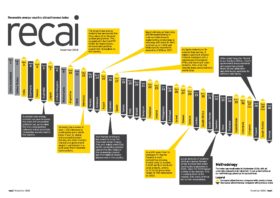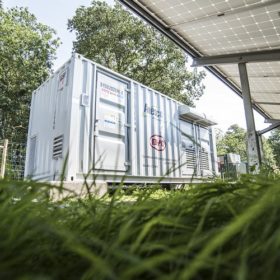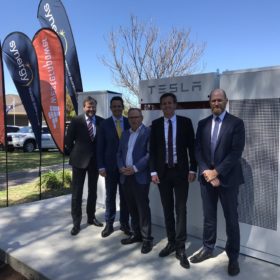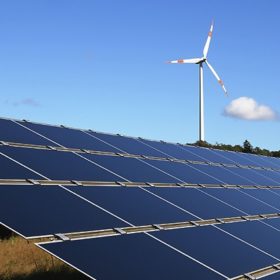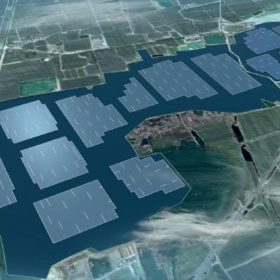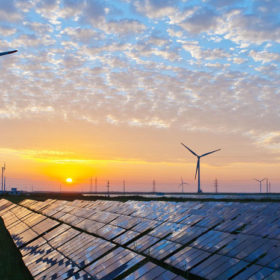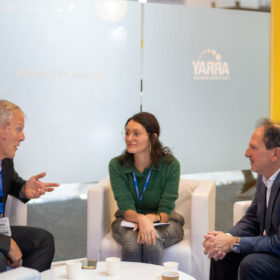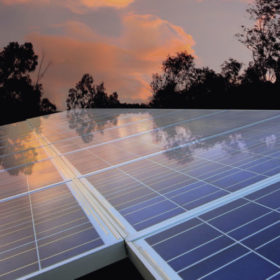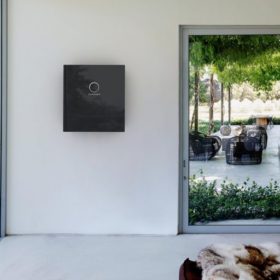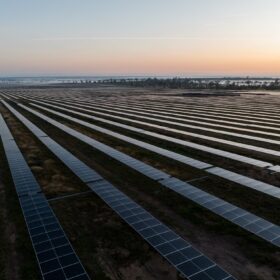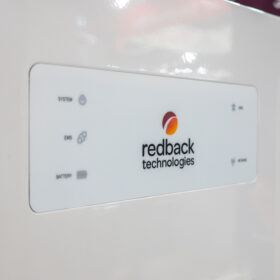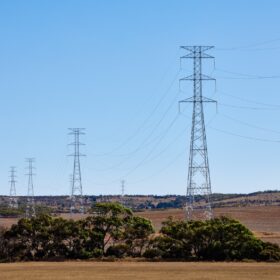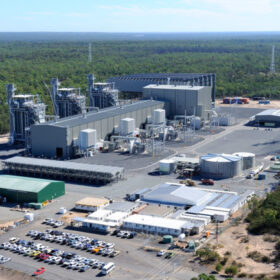“Political upheaval” causes Australia to slip one place in EY renewables index
Australia has slipped from fifth to sixth place in EY’s biannual RECAI, citing “political upheaval” and the appointment of Angus Taylor as federal energy minister. The 52nd edition of the index, released today, has seen little movement among the top 10 countries, with Germany, the UK and Australia all falling one position.
BNEF: Australia among leaders in $1.7 trillion energy storage market
Bloomberg New Energy Finance has significantly increased its forecast for global deployment of behind-the-meter and grid-scale batteries from now to 2040. The research company sees Australia among nine markets that will be driving this trend, as the economic case for batteries becomes unstoppable.
Community Tesla battery trial kicks off ahead of schedule amid overwhelming interest
Australia’s first community battery trial went live on Monday, after the 52 available spots had been snapped up by Mandurah households – three months ahead of schedule. The trial involves a bulk Tesla battery integrated into existing grid and owned and operated by Western Power and Synergy.
“It just happened to be perfect timing”
Passing the 2 GW installation milestone, opening its DG business and moving into Southeast Asia: Nextracker’s Australian operations is proving to be a bright spot on global map. For Peter Wheale, VP responsible for Australia, Southeast Asia and the Pacific, it’s vindication of his conviction that the market was going to take off, and success in which fortuitous timing played no small roll.
Snowy Hydro contracts 888 MW wind, solar to push down energy prices
The government-owned energy provider has signed eight wind and solar PPAs to cover the shortfall in its existing energy generating capacity and put downward pressure on wholesale energy prices. Snowy Hydro says it will be able to offer firm supply contracts at less than $70/MWh, which undercuts the current wholesale price of electricity.
Australia has potential for 50 GW of floating PV capacity
The World Bank says global operational floating PV capacity has topped 1.1 GW, noting that adding floating solar to hydropower plants improves their flexibility while increasing energy yields. According to the latest WB report, Australia and Oceania have potential for 5 GW of floating solar on freshwater man-made reservoirs under conservative assumptions, and up to 50 GW under the most favorable scenario.
NSW launches energy transition program to propel large-scale renewables, storage
Looking to set the direction for a smart energy future, the New South Wales government has launched the Emerging Energy Program. As part of the scheme, funding will be provided to support the commercialization of new low-emissions, large-scale power generation and storage projects, as well as underpin feasibility studies to help get new projects off the ground.
Interview: “It’s all about maximizing the power output“
With over 1 GW of trackers supplied to Australia, which is one of its key markets alongside the home turf of the United States, Array Technologies claims a substantial market share amid fierce competition Down Under. pv magazine Australia caught up with Ron Corio, the company’s Founder and Chief Innovation Officer to discuss Array’s new tracking optimization technology and performance in the market.
Solar to generate a quarter of Australia’s daytime electricity by 2021
By 2021, solar will become one of the most dominant power sources over peak daytime periods, accounting for around a quarter of the National Electricity Market’s power, shows new analysis by Green Energy Markets. The report underlines that solar is currently reducing expensive demand peaks, and is not close to exceeding demand as certain media reports have suggested.
South Australia launches battery subsidy scheme
The South Australian government has inaugurated its landmark $100 million Home Battery Scheme, which will subsidize the cost of buying a home energy storage system for up to 40,000 South Australian households. A nine-week priority period has been given to locally made battery systems, with Germany’s sonnen as the first provider to enjoy this benefit.
